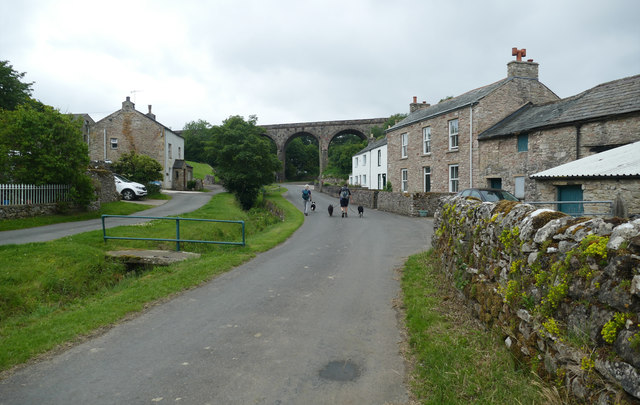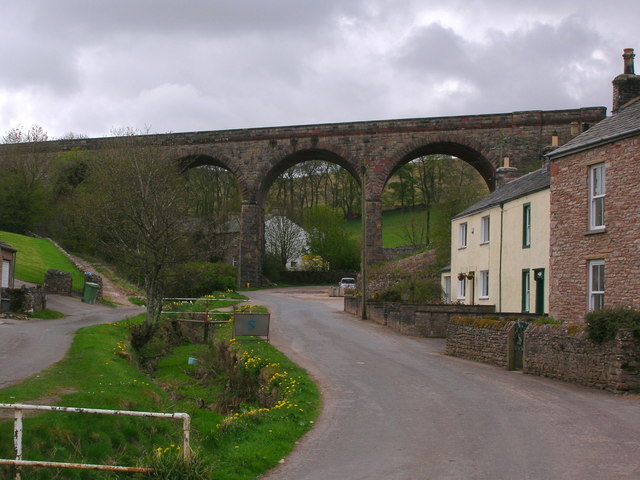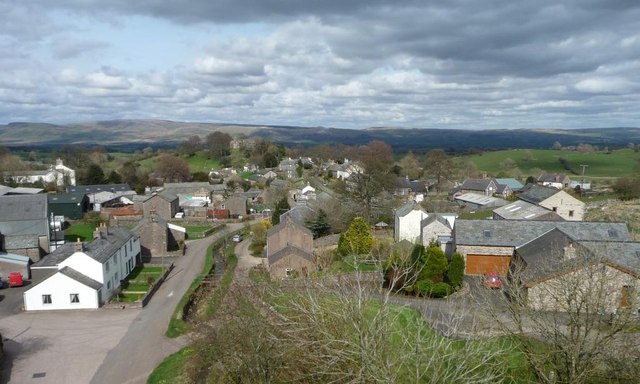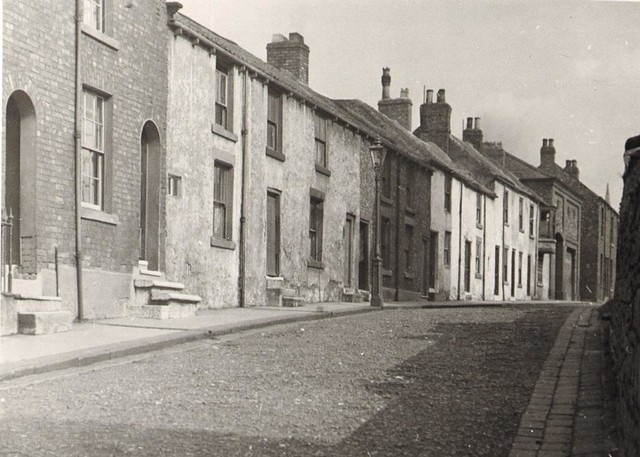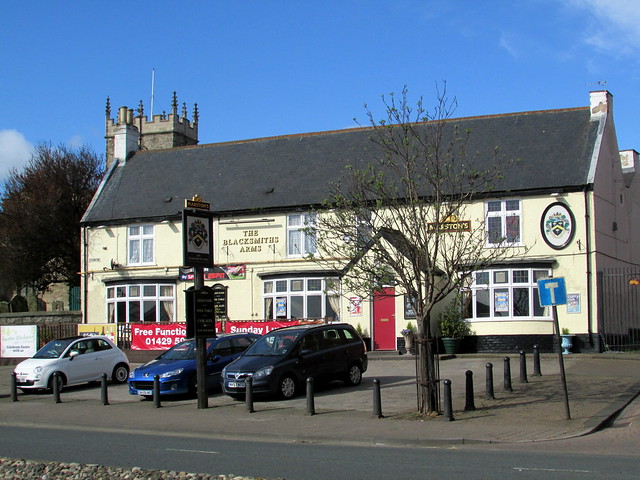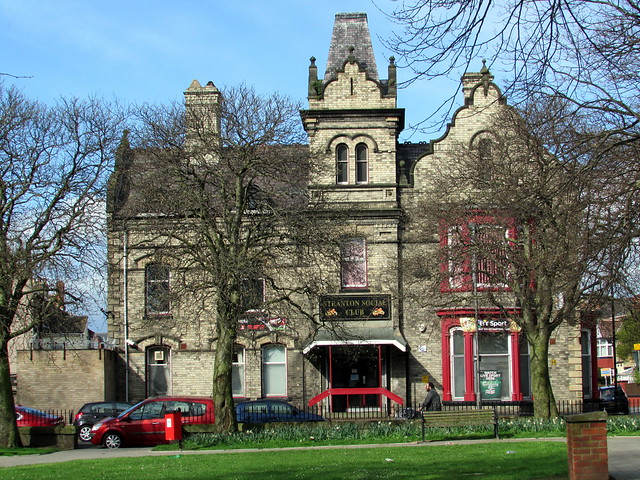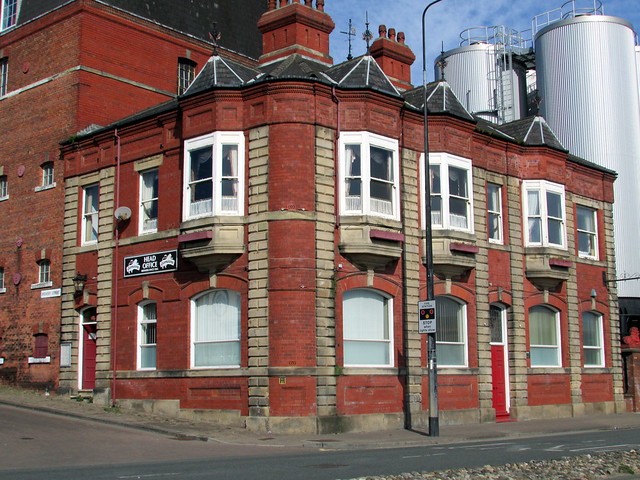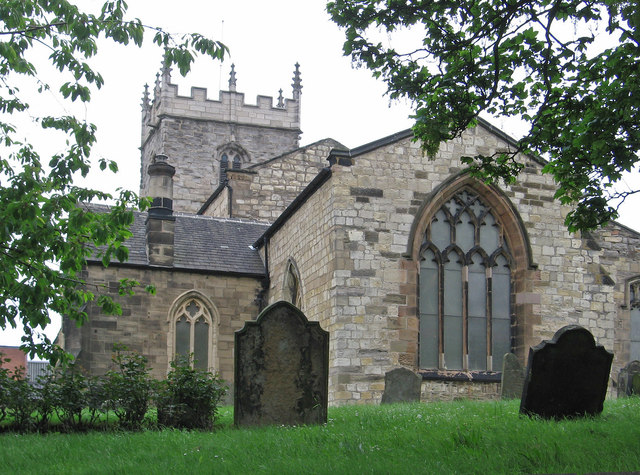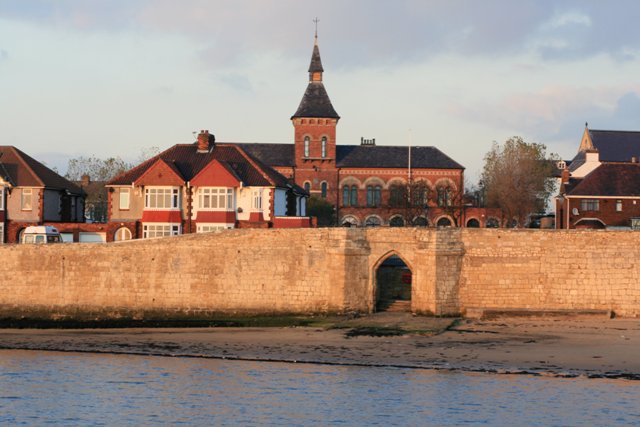Settle-Carlisle viaduct at Crosby Garrett

-
Description
"Crosby Garrett is a village with a railway, but no station. It probably retains its sleepy nature because of that:- villages served by, rather than bypassed by railways often seeing a lot more development as a result of the Victorian engineering. The politics here were far more concerned with routes and competition than with the rural settlements through which railways passed, as various startups looked for ways to gain market share of transpennine, or north-south traffic. The Settle-Carlisle was a north south route built through very hilly country, trying to compete with what is now the west coast main line. It was expensive, both in terms of capital, and lives lost in building it. A sign on the viaduct says that there are 24 burials associated with the construction. Tellingly, two thirds of these are women and children rather than the actual (male) labourers. A similar story can be found at all the main engineered structures on the line as conditions in the shanty towns accompanying the construction work had appalling living conditions with much disease. There is no connection from this line to the South Durham and Lancashire Union Railway (closed 1962) which crosses at right angles a short way to the south. That railway was denied the chance for a north-bound connection to the west coast main line as parliamentary manoeuvrings aimed to protect the investment in existing lines of those in power." Photo by Andy Waddington, 2020. -
Owner
Andy Waddington -
Source
Geograph (Geograph) -
License
What does this mean? Creative Commons License
-
Further information
Link: http://www.geograph.org.uk/photo/6516505
Resource type: Image
Added by: Simon Cotterill
Last modified: 4 years, 4 months ago
Viewed: 540 times
Picture Taken: 2020-06-19 -
Co-Curate tags
